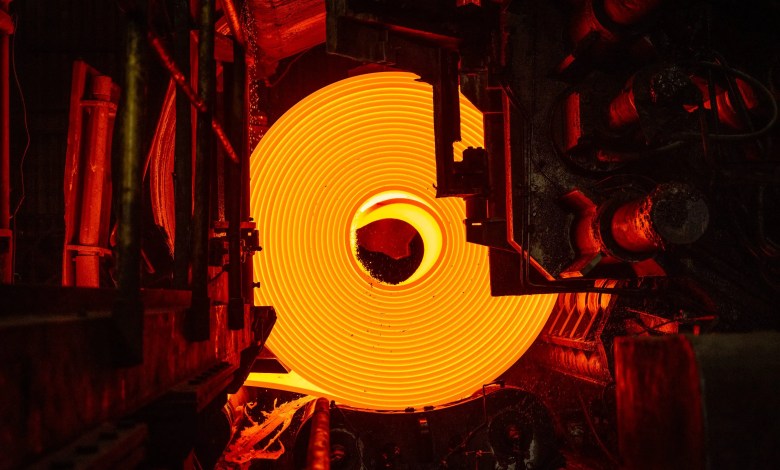India offers zero prices for zero on car parts, steel of us

India has offered any steel tariffs, car components and pharmaceutical products on a reciprocal basis up to a certain amount of imports in its commercial negotiations with the United States, said people familiar with the case.
Beyond this threshold, imported industrial goods would attract the regular level of tasks, said people, asking not to be identified as discussions are deprived. The offer was made by Indian trade officials visiting Washington at the end of last month to accelerate negotiations on a bilateral trade agreement expected in the fall this year, people said.
The two nations favor certain sectors to conclude an early commercial agreement before the 90-day break on the prices of the Tit-for-Tat of US President Donald Trump, the people said.
In the midst of a contraction in the American economy, Trump suggested On Sunday, certain commercial transactions could be sealed this week, offering the emergency prospect for business partners seeking to avoid higher American import rights. Asian economies, including South Korea, Japan and India, are part of nations leading The race at the end of the interval deals with its administration.
An e-mail at the Indian Ministry of Commerce and Industry was not immediately answered.
New Delhi’s offer was made after consulting the export organizations, which said that the elimination of tasks on industrial goods would have no impact on local industries or their competitiveness, people said.
“We are comfortable with the zero zero-for-for-for-pro-for-pro-for-product offer because Indian products are extremely competitive,” said Pankaj Chadha, president of the engineering export promotion council. “I see no impact if the tasks are reduced. However, it must be reciprocal. “
India has exported pharmaceutical products worth $ 10.5 billion and engineering products worth $ 19.1 billion in America in 2024-25, according to data from the Commercial Ministry of India.
Washington has also asked India to resolve its concerns about quality control orders, which it considers a non -price commercial barrier for its exports, people said. Compulsory quality standards, which establish benchmarks that local and foreign manufacturers must meet before selling their products in India, have beencriticalTo be not transparent and unfair.
India is ready to reconsider its existing QCOs in sectors such as medical devices and chemicals, and has proposed to sign a mutual recognition agreement with the United States under which the two nations will accept the regulatory standards and practices of the other.
It is not clear if these proposals will be part of the final agreement.
From only 14 QCOS before 2014, the number has increased to more than 140 since 2017, a reportwatch.
This story was initially presented on Fortune.com





